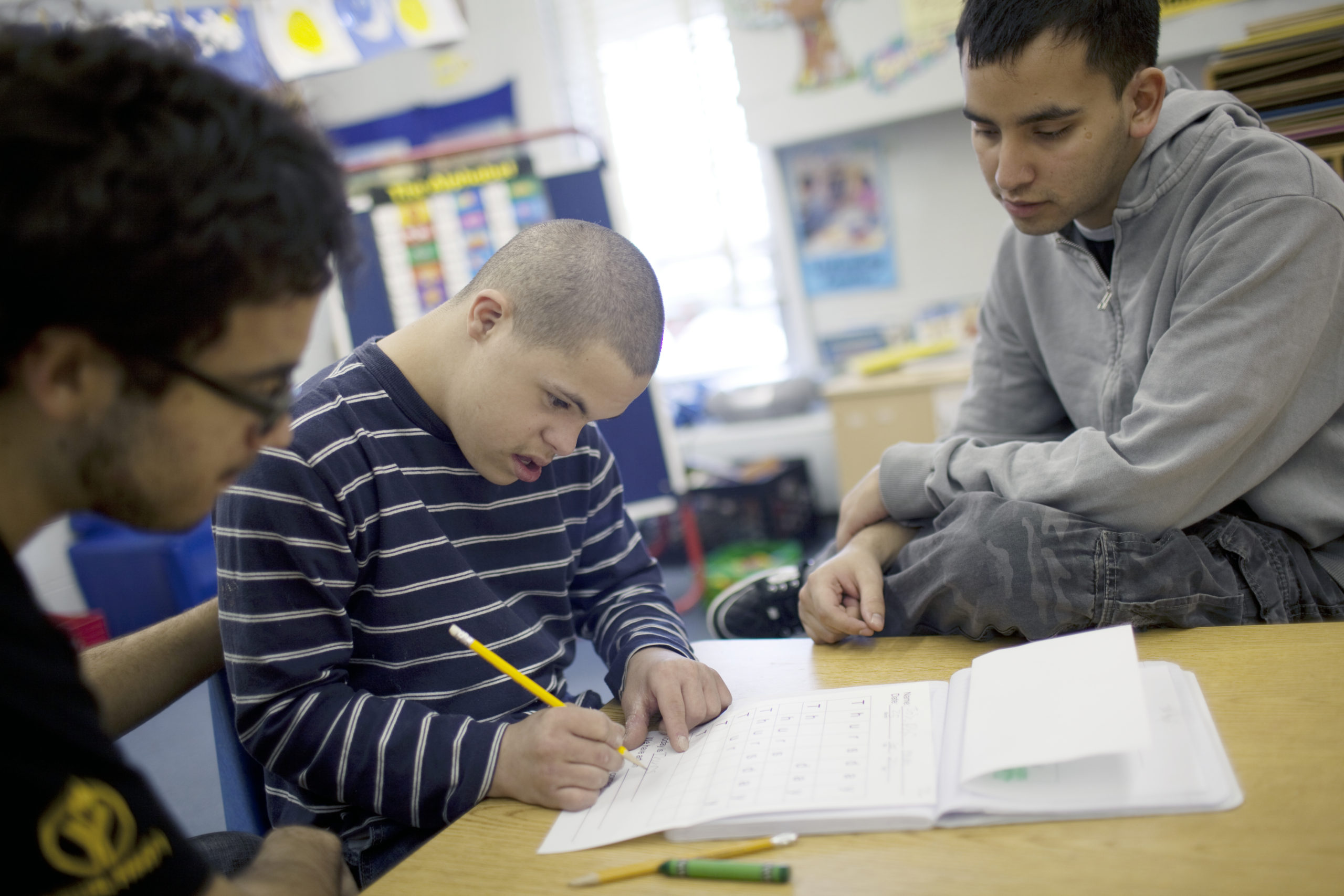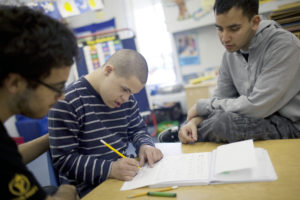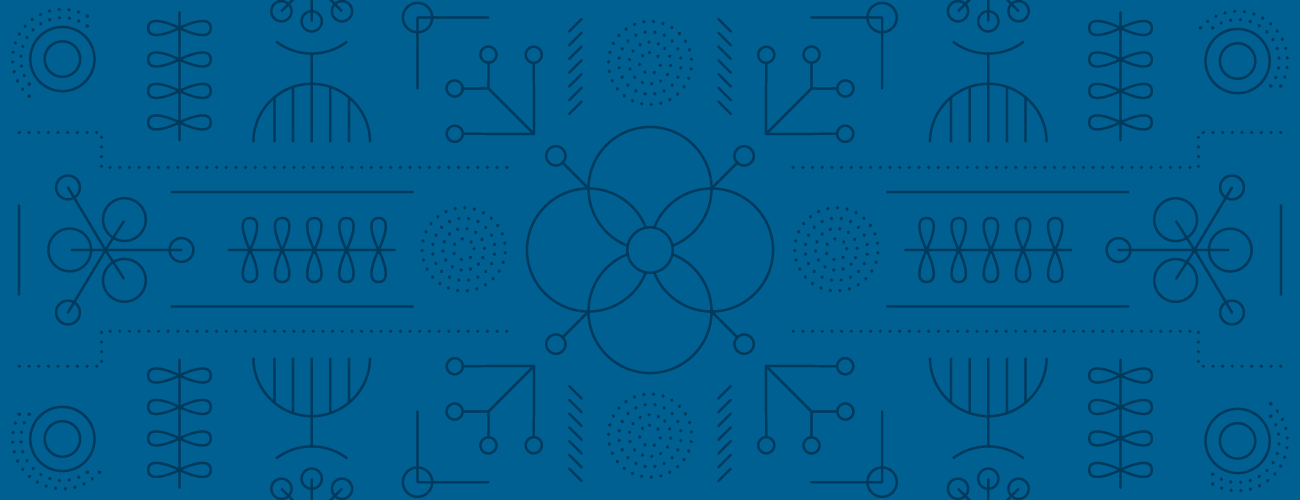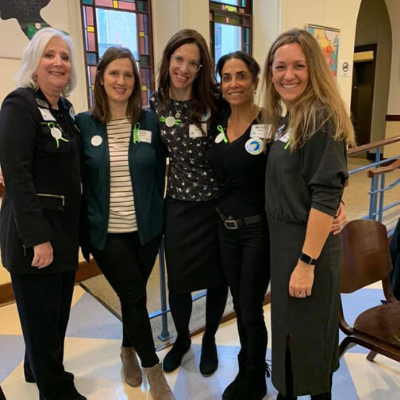
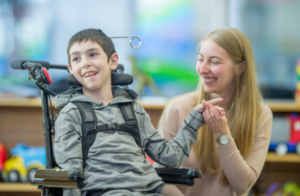 The Jewish Abilities Alliance (JAA) is the proud recipient of a $15,000 grant from the Holly Lane Foundation. The funding will support JAA’s work to amplify inclusion for people with disabilities and will prioritize the implementation of recommendations from its recent Matan Community Study. The study was conducted in 2020 and included extensive fact-finding from caregivers, self-advocates, and other community disability leaders.
The Jewish Abilities Alliance (JAA) is the proud recipient of a $15,000 grant from the Holly Lane Foundation. The funding will support JAA’s work to amplify inclusion for people with disabilities and will prioritize the implementation of recommendations from its recent Matan Community Study. The study was conducted in 2020 and included extensive fact-finding from caregivers, self-advocates, and other community disability leaders.
Annie Garrett, JAA Manager said, “We’re working to align the community with a shared and singular vision of disability inclusion. Part of our work is supporting local inclusion efforts through microgrants. In a conventional year, we award about $15,000 in microgrants, but because of the pandemic we rolled funding over and were able to grant out more than $19,000 to advance inclusion in 2021.”
Temple Beth David – Sensory Learning Enhancement Through Art & Music
Jewish Federation of Greater Atlanta – Community Meetings Closed Captioning
Limmud Atlanta – ASL Interpreting Services for LimmudFest
MJCCA Preschool – Sensory Equipment for the Classroom
Ahavath Achim Synagogue – Flexible Seating
Creating Connected Communities – Supporting Social-Emotional Needs of CCC Buddies
Hebrew Order of David – Accessible Shuttle Services for Kosher BBQ Festival
Congregation B’nai Torah – Sensory Tools of Inclusion
Temple Sinai – Shalom Station
Temple Emanu-El – Project ICE
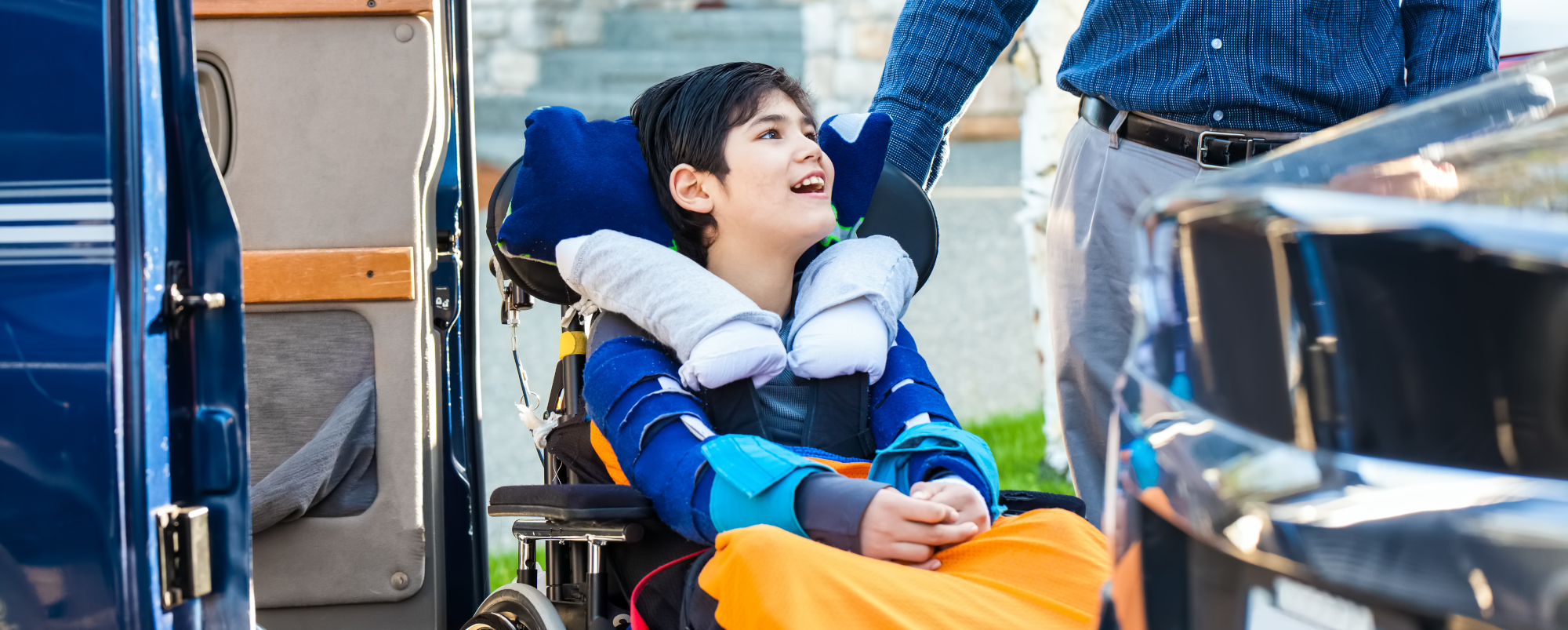
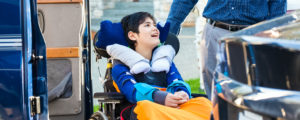
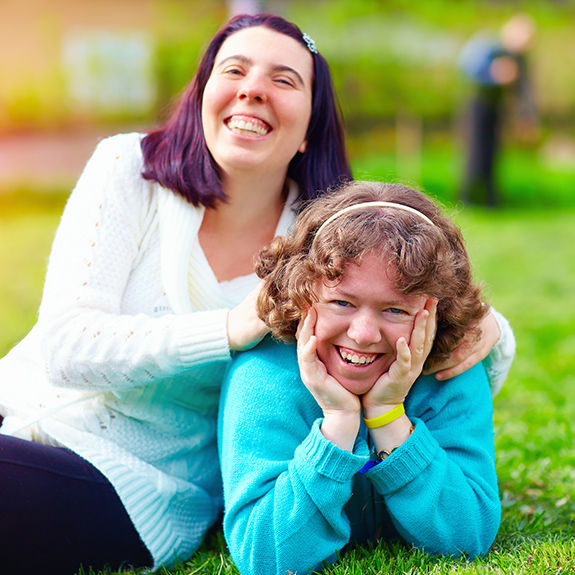
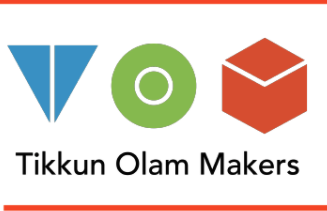
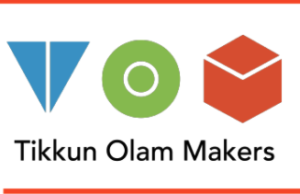
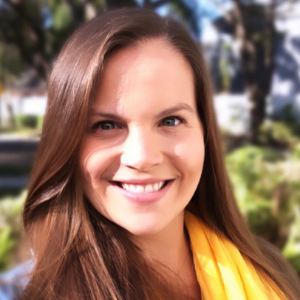
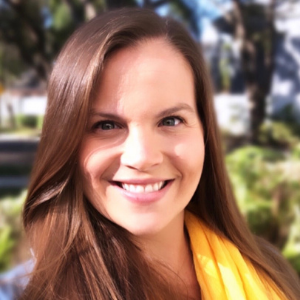
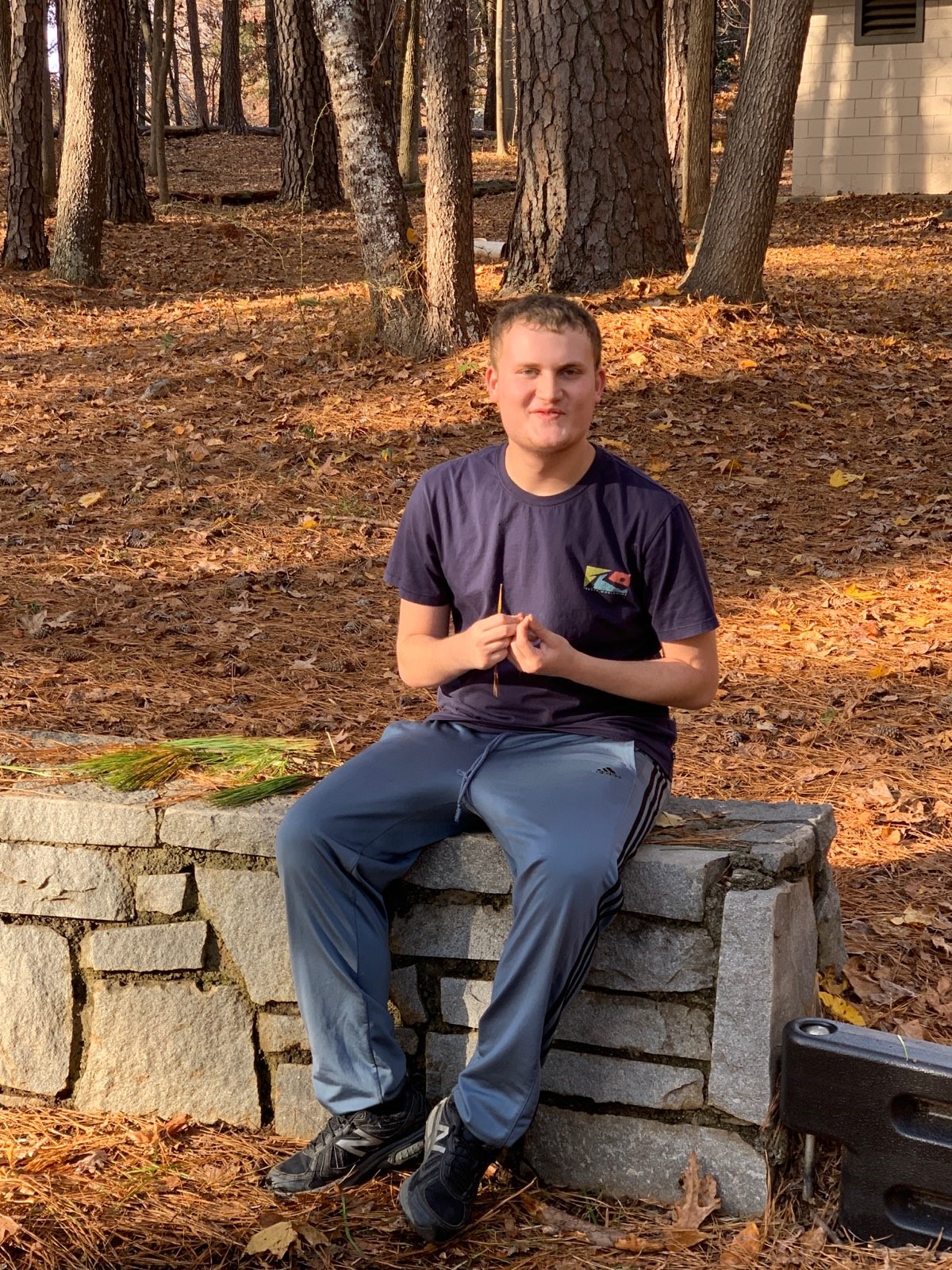
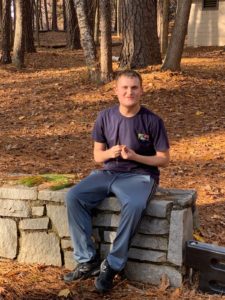 Jared Jay is a nonverbal young man with autism, but his message is loud and clear when he uses his letter board. We asked Jared to share his thoughts for our Atlanta community during Jewish Disability, Awareness, Acceptance & Inclusion month (JDAIM).
Jared Jay is a nonverbal young man with autism, but his message is loud and clear when he uses his letter board. We asked Jared to share his thoughts for our Atlanta community during Jewish Disability, Awareness, Acceptance & Inclusion month (JDAIM).